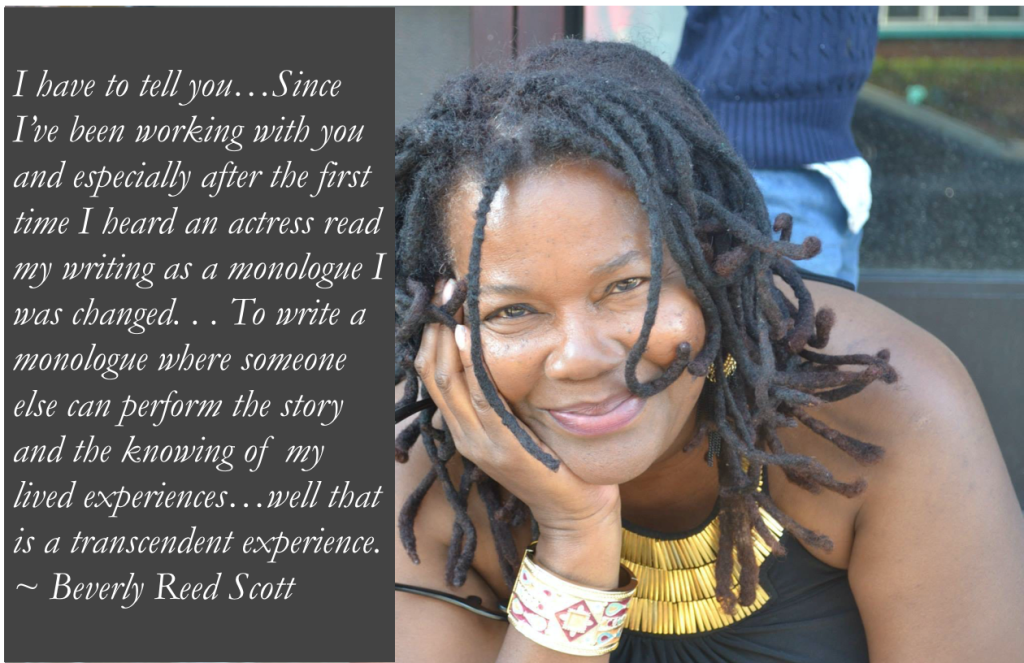
Here are the first five things I explain to writers who join my monologue play lab:
- Your character may be inspired by you, but she is not you.
- These monologues are not true stories told live without notes, like The Moth––your monologue will not be performed by you. It will be performed by an actor.
- Your stories matter, and we will support each other to craft meaningful, powerful short monologues from your rough drafts and revisions––whether or not you have experience writing for the stage.
- Our showcase will entertain, move, enlighten and inspire our audience.
- Our showcase will help you see how your script is working, and whether or not you will make more changes for future production or publication.
The playwright Sarah Ruhl expresses beautifully the desire we bring to our seats in the theater before the curtain rises: “the theater is one of the few places left in the bright and noisy world where we sit in the quiet dark together, to be awake.”
Teaching Play Labs for writing stage monologues lets me pass on my passion for theatrical experiences to writers of all backgrounds. The form of monologue I teach is specific to theater––whether it’s happening on a real-life stage or a Zoom set. Stage monologues are not storytelling, like the Moth––true stories told live without notes. The playwright is not the “I” of stage monologues. The writer creates a character for the stage who is not her, but might be inspired by her life.
In theater, we embrace the what if of enchantment. We suspend our disbelief so we can be we involved in the spectacle. “The more you go to a theatre,” the playwright Lynn Nottage says, “the more you hear stories you aren’t necessarily familiar with, the more open you become.“
In writing monologues for the stage, a story begins as words on the page. The next stage of development is to have the monologue performed by an actor in front of an audience. In this monologue showcase, class participants who have been developing monologues over six weeks have the chance to see their writing performed by an actor for an audience so they can see, hear and feel how well their script is working, and discover whether or not revisions are needed.
As Maya Angelou says, “Our stories come from our lives and from the playwright’s pen, the mind of the actor, the roles we create, the artistry of life itself and the quest for peace.” In fact, a quest is what all of writers in my play labs experience. Each writer is on a quest for something vital and necessary. Let me give you a sense of how the entirety of a showcase becomes a chorus of voices of distinct characters, by offering one line from each monologue from my last showcase’s plays:
I have sought peace from the moment I first knew violence. It was August 3, 1960. I was slapped on my Black behind by a white man in a white mask while naked and wet, from the placenta you created for me to live inside your body.
Mother nature has taught me that a woman’s body sure has some power.
I didn’t come here to talk, or hear you defend yourself. I’m not letting you off the hook.
I was stunned. I never saw that coming. But boy did I act – I swung my backpack at him and got out of there as fast as I could.
Because I did what you said. I took a risk. I went where you told me to go last night.
I’m not sure I can do this! What if I forget everything I practiced?
But can I be honest?
Okay. I’m ready.
I hope you will join me in my next six-week Play Lab experience hosted by the Transformative Language Arts Network online. The Play Lab includes five weekly live Zoom webinars with me and guest actors, culminating in a showcase on Zoom, free and open to all where your monologue will be performed by actors. Register here and learn more: About Your Memoir as Monologue – with Showcase: Writing Monologues for Healing and Transformation // with Kelly DuMar.
About the Teacher
Kelly DuMar, M.Ed. is a poet, playwright, and workshop leader who generates enlivening writing experiences for new and experienced writers. Author of four poetry collections, Kelly’s poems, photos and essays are published in many literary journals. Kelly is also author of Before You Forget— The Wisdom of Writing Diaries for Your Children. Her award-winning plays have been produced around the US and Canada, and are published by dramatic publishers. She founded and produced the Our Voices Festival of Women Playwrights at Wellesley College for twelve years, and she is a past president of Playwright’s Platform, Boston. For the past seven years, Kelly has led the week-long Play Lab Intensive at the annual conference of the International Women’s Writing Guild. Kelly is a certified psychodramatist, former psychotherapist, and Fellow in the American Society for Group Psychotherapy and Psychodrama. Kelly hosts the monthly Open Mic with Featured Author for the Journal of Expressive Writing. You can learn more about Kelly, at www.kellydumar.com.
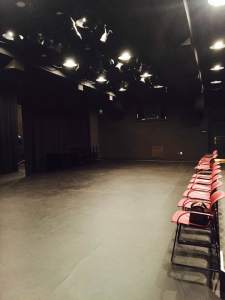
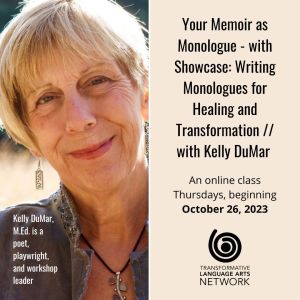
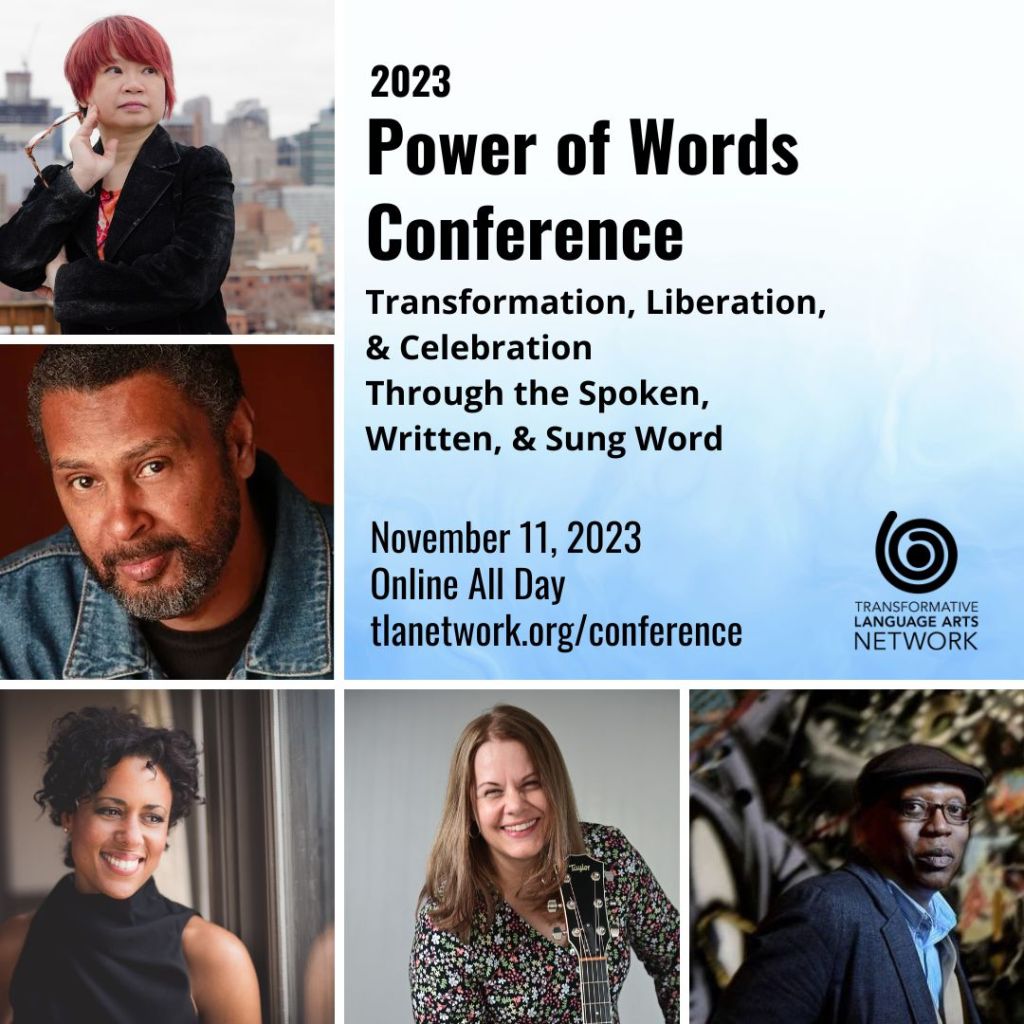
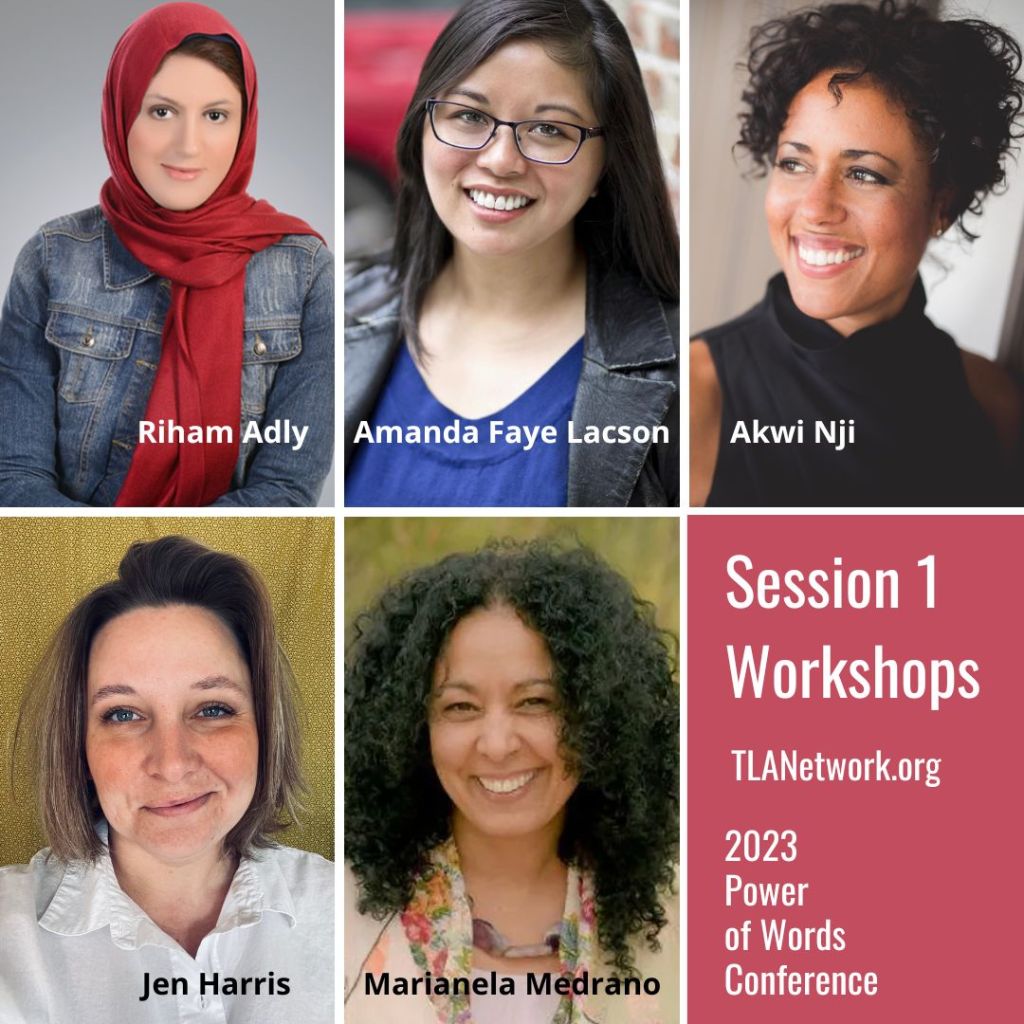
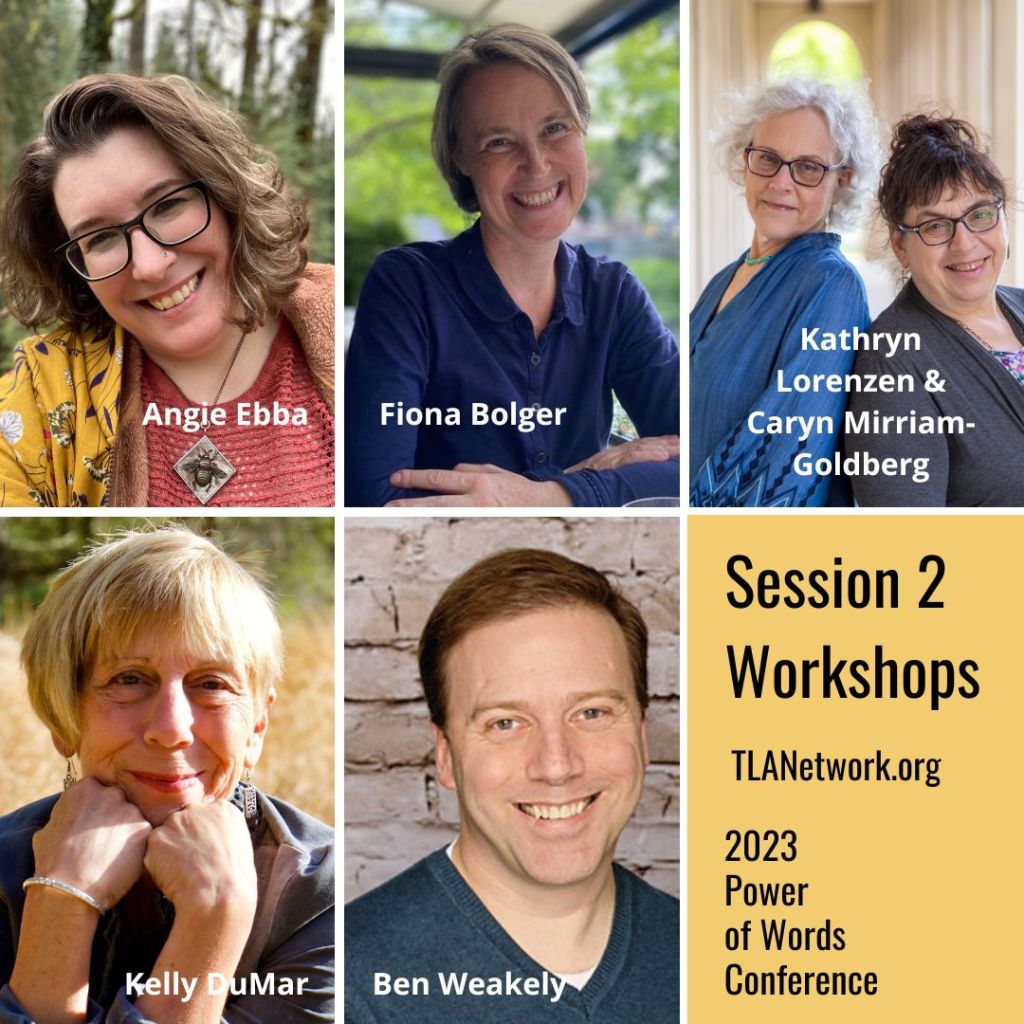
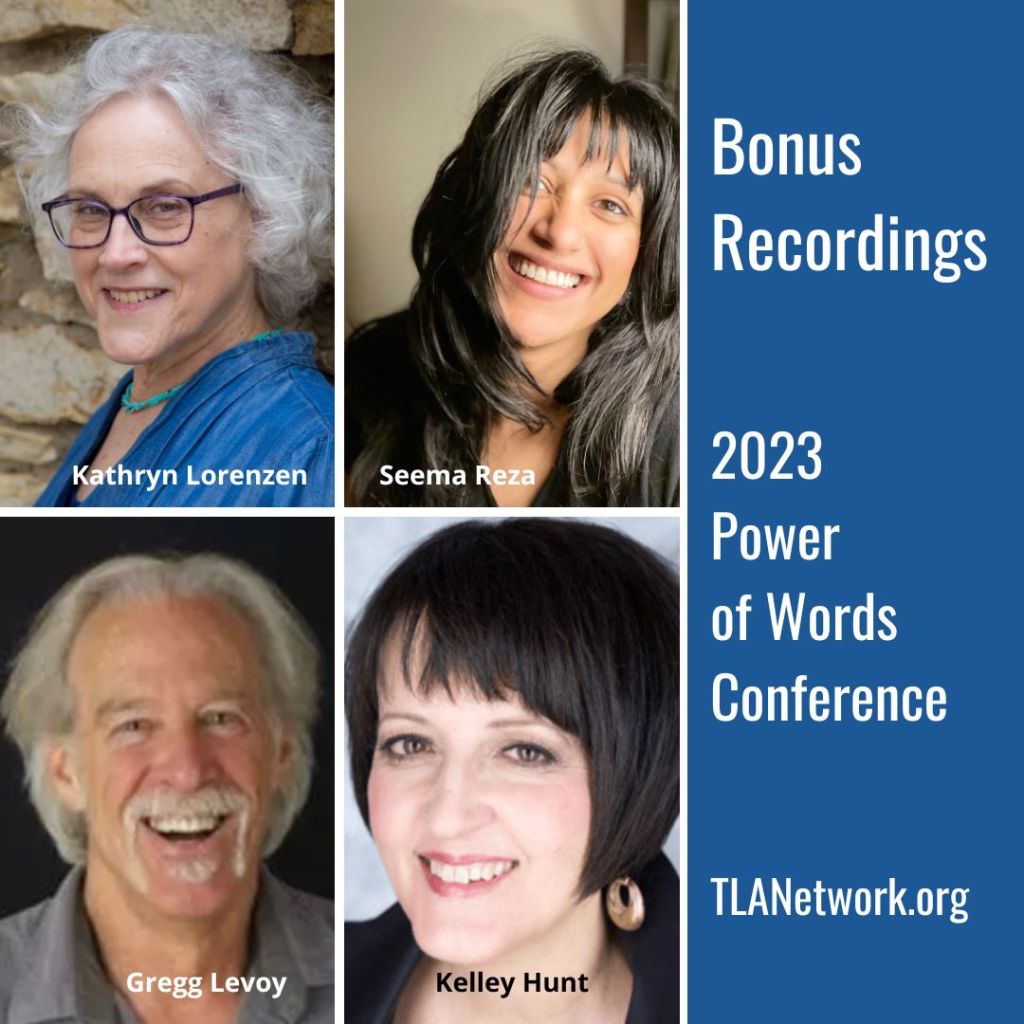






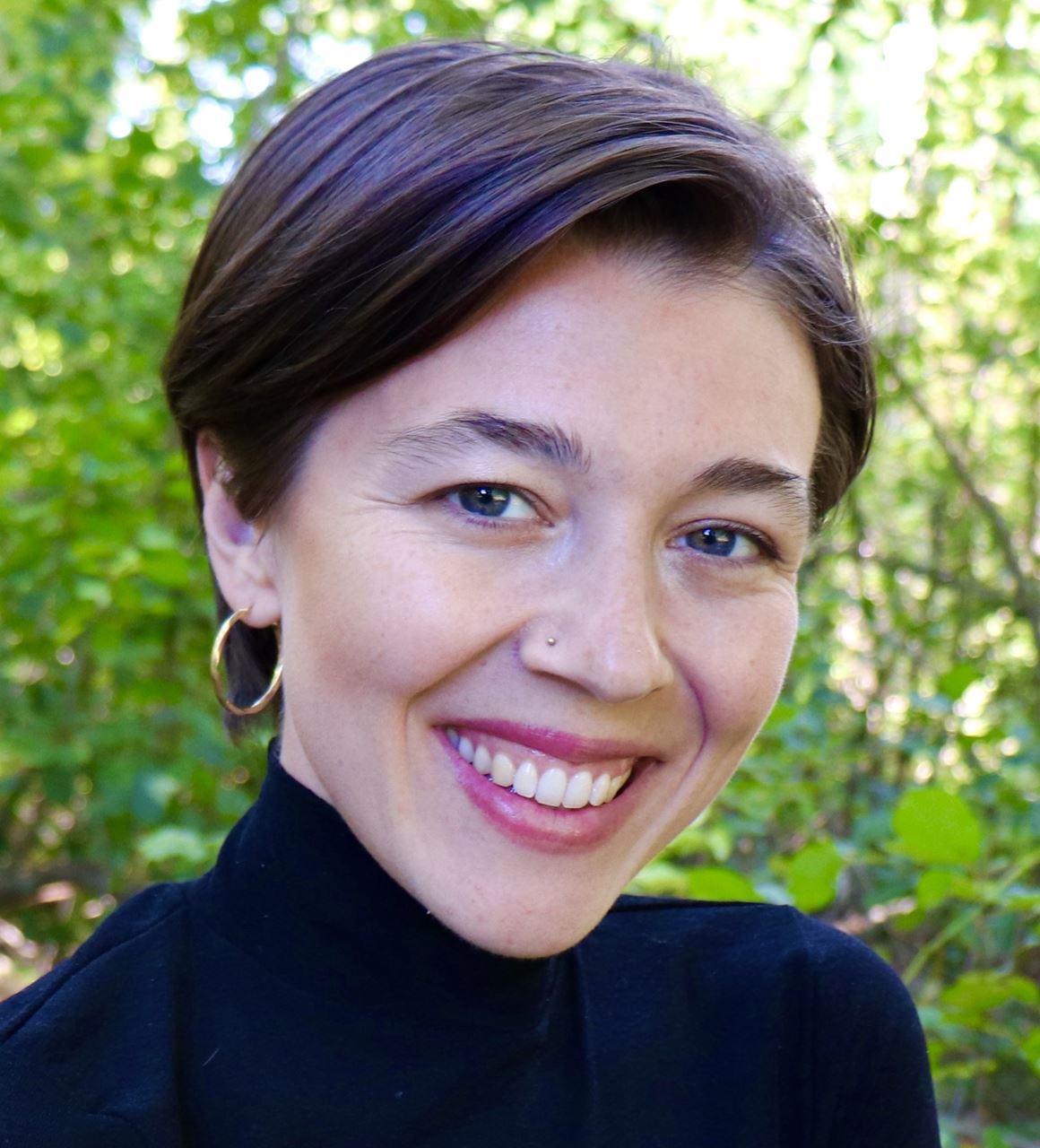










 YOUR CASTING CALL
YOUR CASTING CALL Here are some links to my
Here are some links to my 